Blog Posts Tagged Technical Content
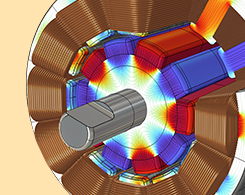
Guidelines for Modeling Rotating Machines in 3D
Learn how to use the Rotating Machinery, Magnetic interface in COMSOL Multiphysics® to model a 3D generator, and then compare our results with an analogous 2D model. Part 2 of 2.
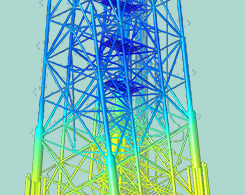
The Boundary Element Method Simplifies Corrosion Simulation
The boundary element method can be used when simulating corrosion to avoid needing a finite element mesh to resolve the whole 3D structure, saving time for large problems with slender components.
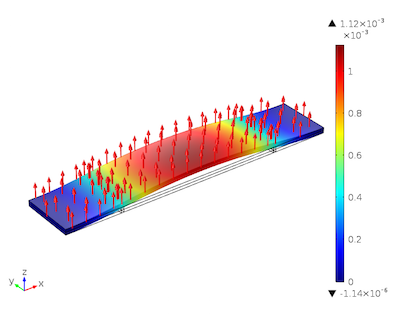
Simulation Improves Range of Motion in Piezoelectric Actuators
We highlight 1.) some of the fundamental elements of piezoelectric theory and basic simulations and 2.) a novel design for improving the range of motion for piezoelectric actuators.
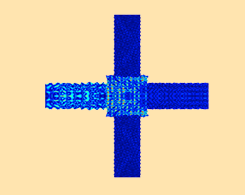
Modeling Phononic Band Gap Materials and Structures
A guest blogger from Veryst Engineering, a COMSOL Certified Consultant, shares simulation research designed to optimize band gaps for phononic crystals.
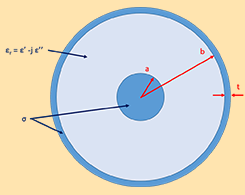
Model Cables and Transmission Lines in COMSOL Multiphysics
Learn how to compute the parameters of a coaxial cable from a COMSOL Multiphysics® simulation of the electromagnetic fields.
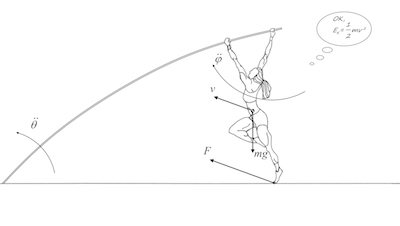
Reaching New Heights in Pole Vaulting: A Multibody Analysis
We perform a multibody dynamics analysis of the different phases of pole vaulting using COMSOL Multiphysics®.
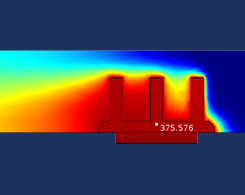
Using Annotation Plots in Your 2D and 3D Plot Groups
You can label the plots of your simulation results with names, comments, and values of quantities evaluated at specified locations. How? By adding annotation plots!
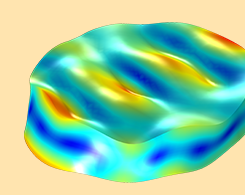
Piezoelectric Materials: Applying the Standards
Learn how to set up the orientation of a piezoelectric crystal, specifically an AT cut quartz plate, within both the IRE 1949 standard and the IEEE 1978 standard.
